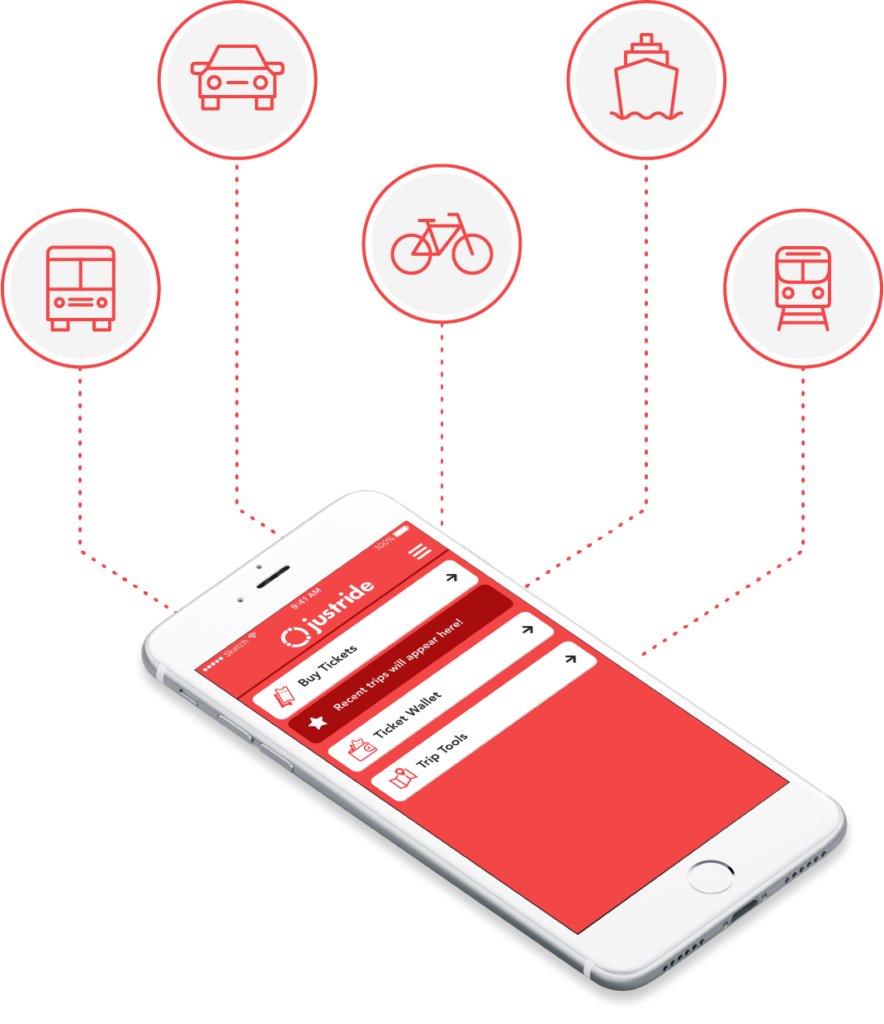
Mobility as a Service
Enabling MaaS for Public TransitImagine being able to combine ride-sharing, public transit, bike-sharing and other shared mobility services into a connected offering, where you can simply and easily plan, purchase and travel, only paying for what you use and using the most convenient route and vehicle for your trip.
We believe Mobility-as-a-Service will provide a real alternative to private car journeys and ultimately car ownership, enabling seamless journeys from the moment you leave your front door until you reach your destination.


What is Mobility as a Service?
Mobility-as-a-Service (MaaS) is the movement to a complete mobility experience from the moment you leave your front door until you reach your destination, planning and paying seamlessly based on what and how much you use, without using a private car.
Mobility-as-a-Service may be the most exciting opportunity for transit agencies in decades and will empower a new mobility reality in which people no longer buy or use a private vehicle, putting transit agencies at the center of large and small MaaS ecosystems around the globe, ensuring equity, reducing congestion and helping achieve social and environmental goals.
The Benefits of Mobility-as-a-Service

Seamless Passenger Experience
MaaS provides a seamless passenger experience using multiple modes of transport from the beginning until the end of a journey.

Reduced Congestion
Moving people away from private car journeys and onto shared mobility options will reduce the volume of cars on the road, reducing congestion.

Environmentally Friendly
By incentivising and optimising the use of shared mobility services in a city the volume of vehicles on the road is reduced leading to a reduction in pollution.

Reduced Car Ownership
People will no longer need to own cars. Instead they will pay for their journeys as and when they used it based on what they consume.
Enabling MaaS for Public Transport
Justride is helping enable MaaS for public transport agencies and operators by integrating public transport tickets into MaaS applications through the Justride SDK and Account-Based Ticketing. Justride is facilitating Practical MaaS for over 25 transport agencies and operators around the globe.

How to Deploy MaaS for Public Transport
Practical MaaS: The Justride SDK
MaaS does not need to be delivered in one go, or as a major one-off project. MaaS can be delivered by following a step-by-step process to evolve ecosystems over time. The Justride SDK is a perfect practical first step, allowing urban mobility providers and MaaS applications to integrate the market leading mobile ticketing platform into their applications, connecting services together for a seamless user experience. This is a cost-effective and quick way to enable MaaS for public transport.
Account-Based MaaS
Account-Based Ticketing provides a great way of enabling Mobility as a Service as it acts as a unified mobility account, meaning passengers simply tap onto transport modes. This provides a great public transit experience as passengers no longer need to buy a ticket before traveling, they simply tap across their journey and are charged the appropriate fare for their use. This can then be extended to private modes, and other operators, to enable complete first-last mile journeys where passengers only pay for what they use when they use it.
What is Mobility as a Service (MaaS)?
In this blog we answer the following questions: What is Mobility as a Service (MaaS)? Why does MaaS matter? Where has Mobility as a Service been deployed? How to enable MaaS for a city.
Practical Mobility-as-a-Service: Integrating Ticketing Into 3rd Party Apps
Since we announced the Justride Mobile Ticketing SDK, the level of interest and excitement from across the industry has been significant – both from agencies and other companies within the wider urban mobility ecosystem. Read the blog to learn more.
This blog looks at the three different flavours of MaaS available and gives practical steps public transit agencies can take to move to MaaS.
60 Transit Agencies in 5 Countries Deploy Practical Mobility as a Service
MaaS promises to help move people away from private car usage, helping to reduce congestion and pollution in cities around the globe. In Masabi’s view, there are currently three approaches to enabling MaaS for public transit (that are not mutually exclusive) which we look into in this blog. We also shed light on the development of Practical MaaS.

